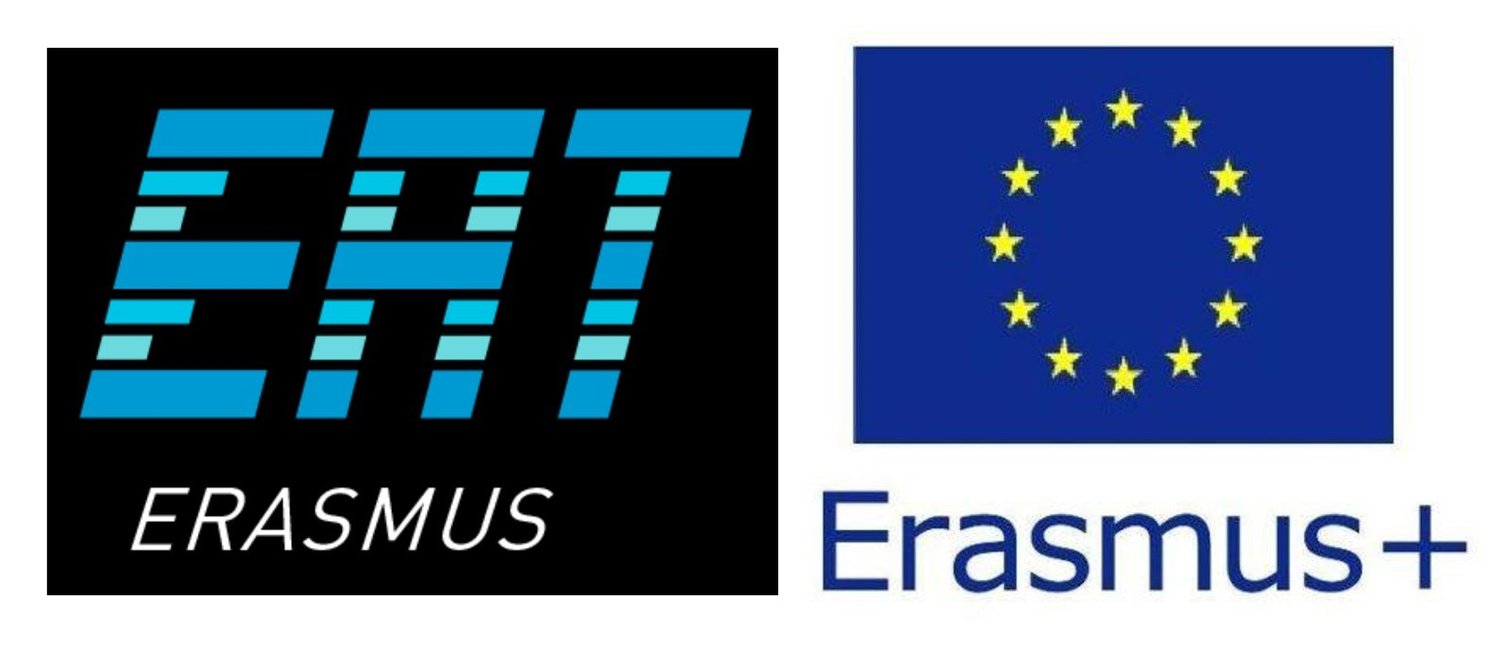3. Developing High Level Self-Regulatory Skills
Learners may self-regulate in different ways with varying levels of success. What matters is the selection of the most appropriate strategies required in a specific learning situation and good execution of them. (Dinsmore, 2017; Evans & Waring, 2020)
Engaging students in SRL activities is important (Jansen et al., 2019). There is general consensus that such “training should (a) be in context, (b) use tasks within the same domain as the target content, (c) and promote a high degree of learner activity and metacognitive awareness” (Hattie et al., 1996, p. 131). While there is debate around whether SRL activities should be focused on a specific element of practice or be more broad-based (Richardson et al., 2012), it is known that focusing on control cognitions to include students’ perceptions of their ability to do well in the subject and goals are important in driving motivation (effort and persistence), and student success (Hattie et al., 1996; Panadero, 2017).
Focusing on the development of high level metacognitive capabilities is important (see Table 3.1). Key areas of importance include metacognitive self-monitoring and evaluation strategies, motivational strategies (self-efficacy and goal setting), to include student beliefs about learning and their ability to do well (Benbenutty et al., 2015). In promoting high level self-regulatory skills emphasis has to be on:
Discernment with regards to choice of approaches (most suitable selection of approaches to achieve goals, use of time, use of others); and
Quality (how well SRL is enacted; best combination of approaches; in the moment and looking to the future)
Choosing the right strategy and deploying it to the best of ones’ ability are dependent on effective integration and utilisation of cognitive, metacognitive, and affective strategies. A summary of high level metacognitive strategies is summarised in Table 3.1.
Key metacognitive strategies implicated in learning success include:
Planning strongly correlates with achievement (Dent & Koenka, 2016) – quality of thinking and nature of goals are important (e.g., setting specific and focused goals)
Accuracy of self-monitoring refers to the awareness of how task performance compares to a learning goal and activation of appropriate strategies to manage progress (DiFrancesca et al., 2016; Eva & Regehr, 2011);
Adaptive control concerns the flexible use of strategies to achieve goals;
Social interaction skills include dialogic classrooms with high levels of exchange with teachers from focused questioning and open discussion, peer to peer interactions, group work which encourages high levels of interaction. In offering a rationale for the effectiveness of social interaction, Schneider & Preckel (2017) highlight the importance of student engagement in learning where students are required to explicitly verbalise their own knowledge, constantly compare their own views with those of others and find perspective.



